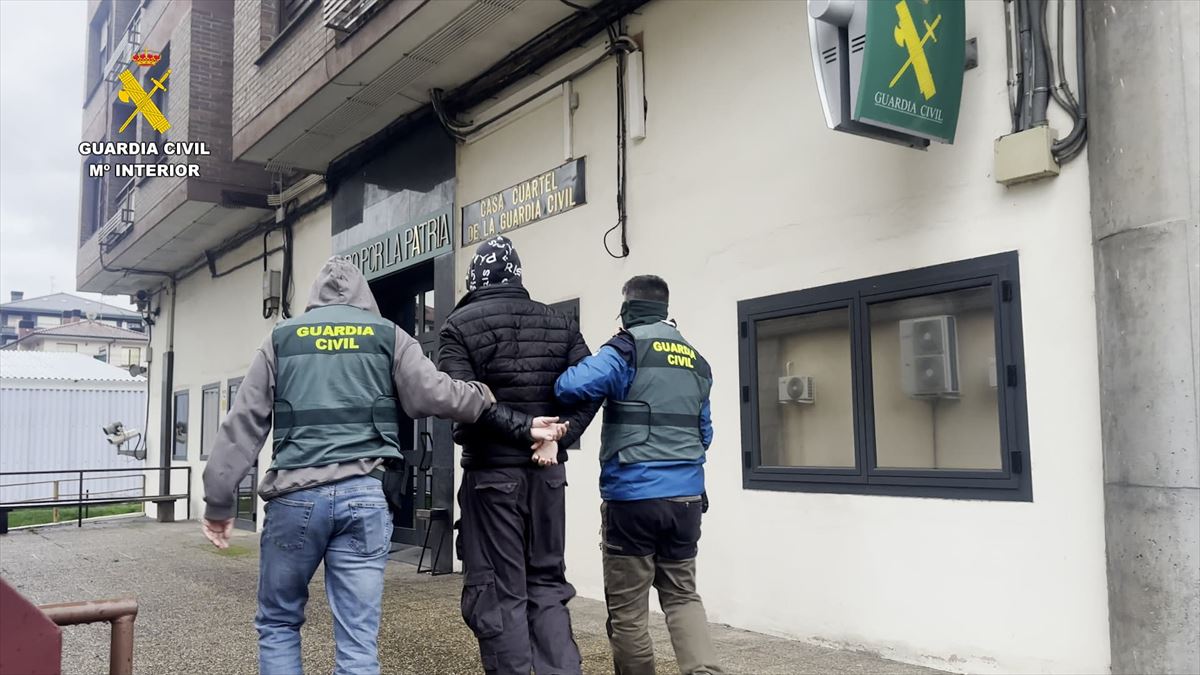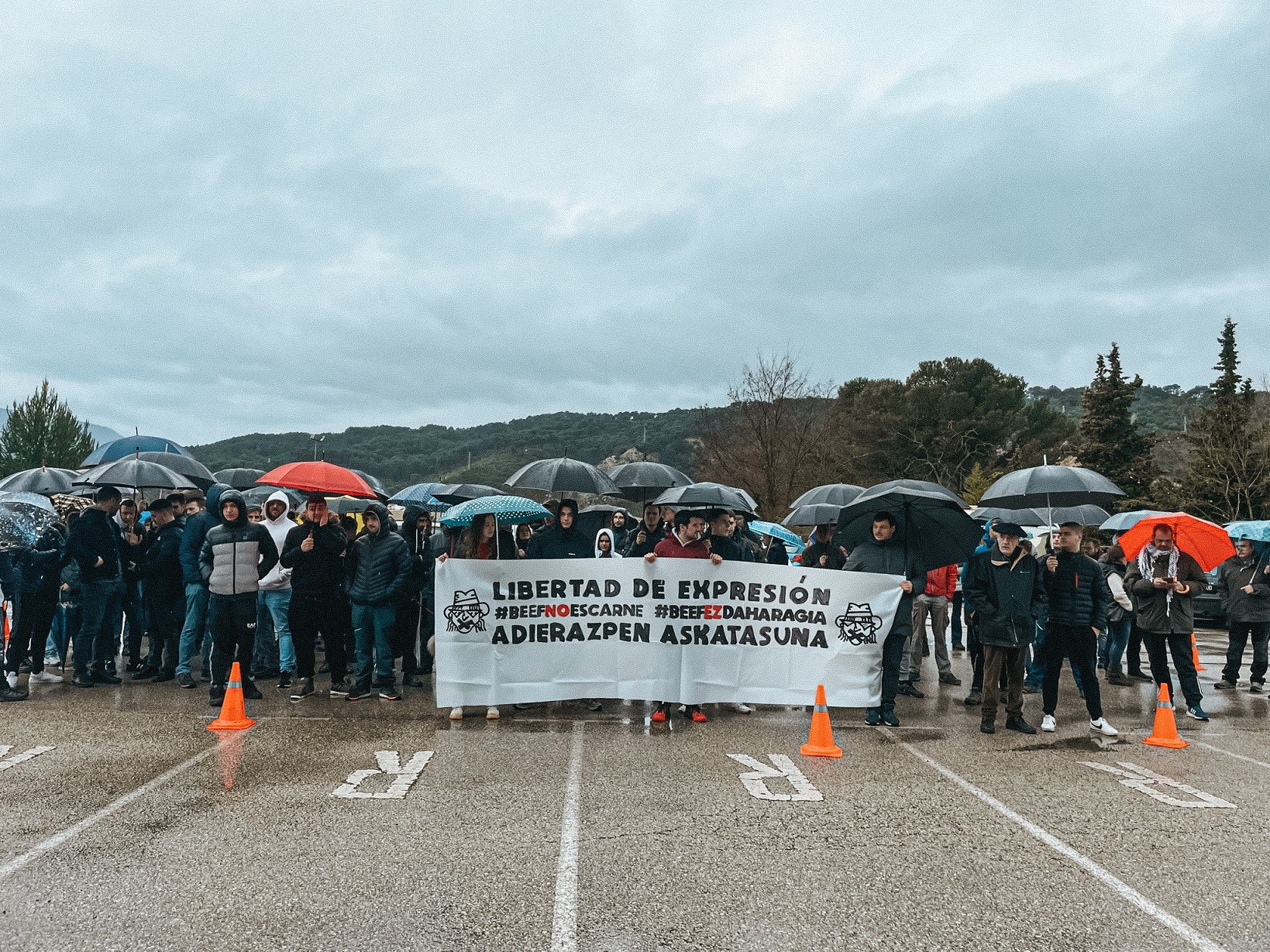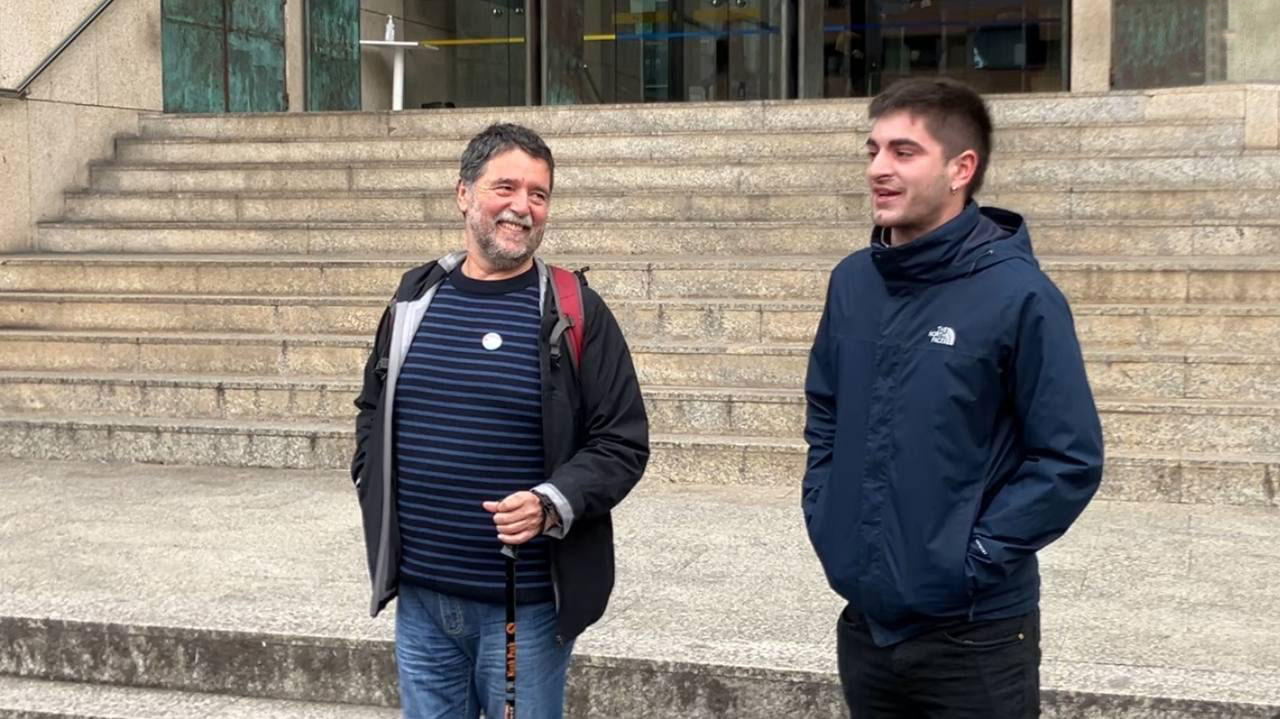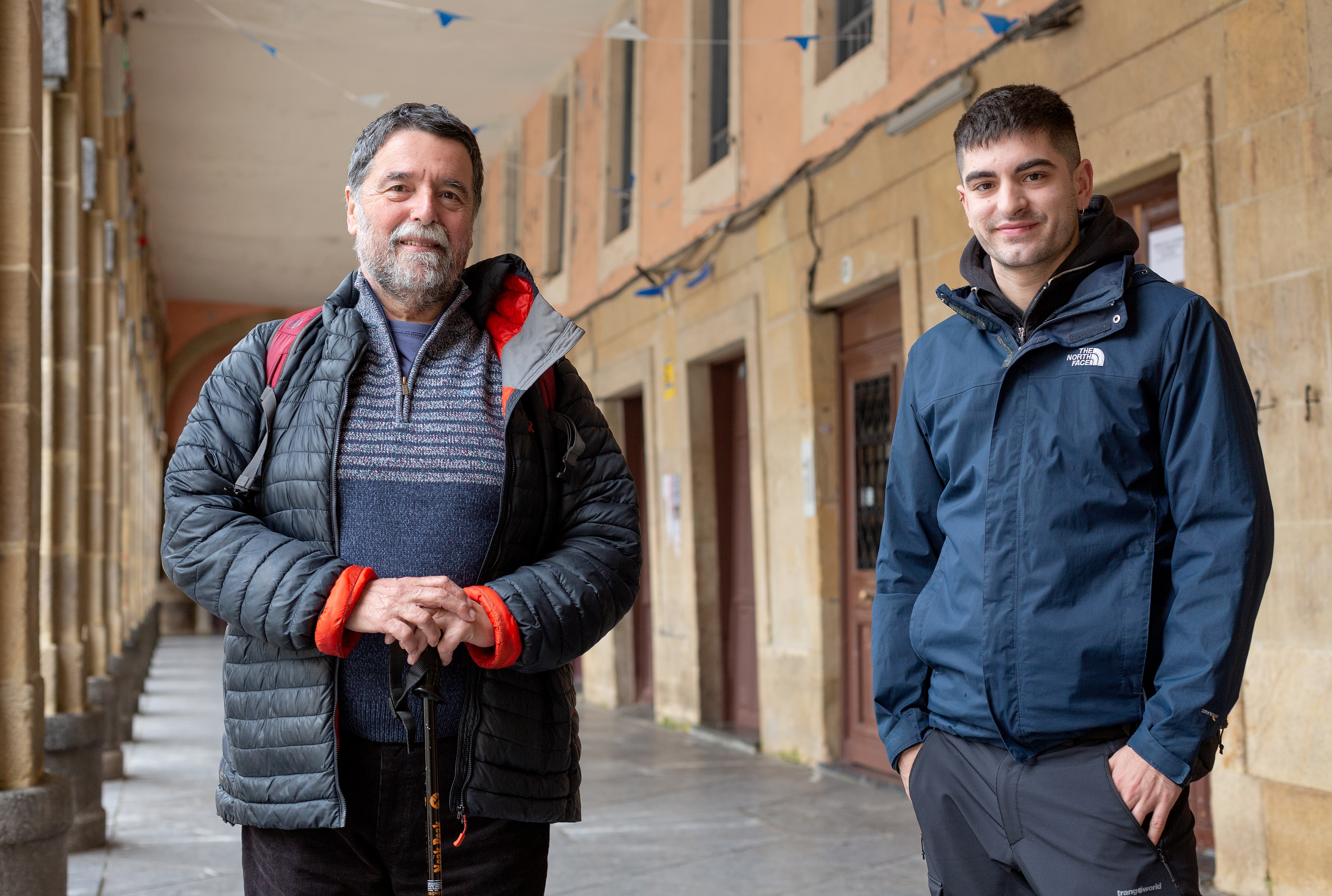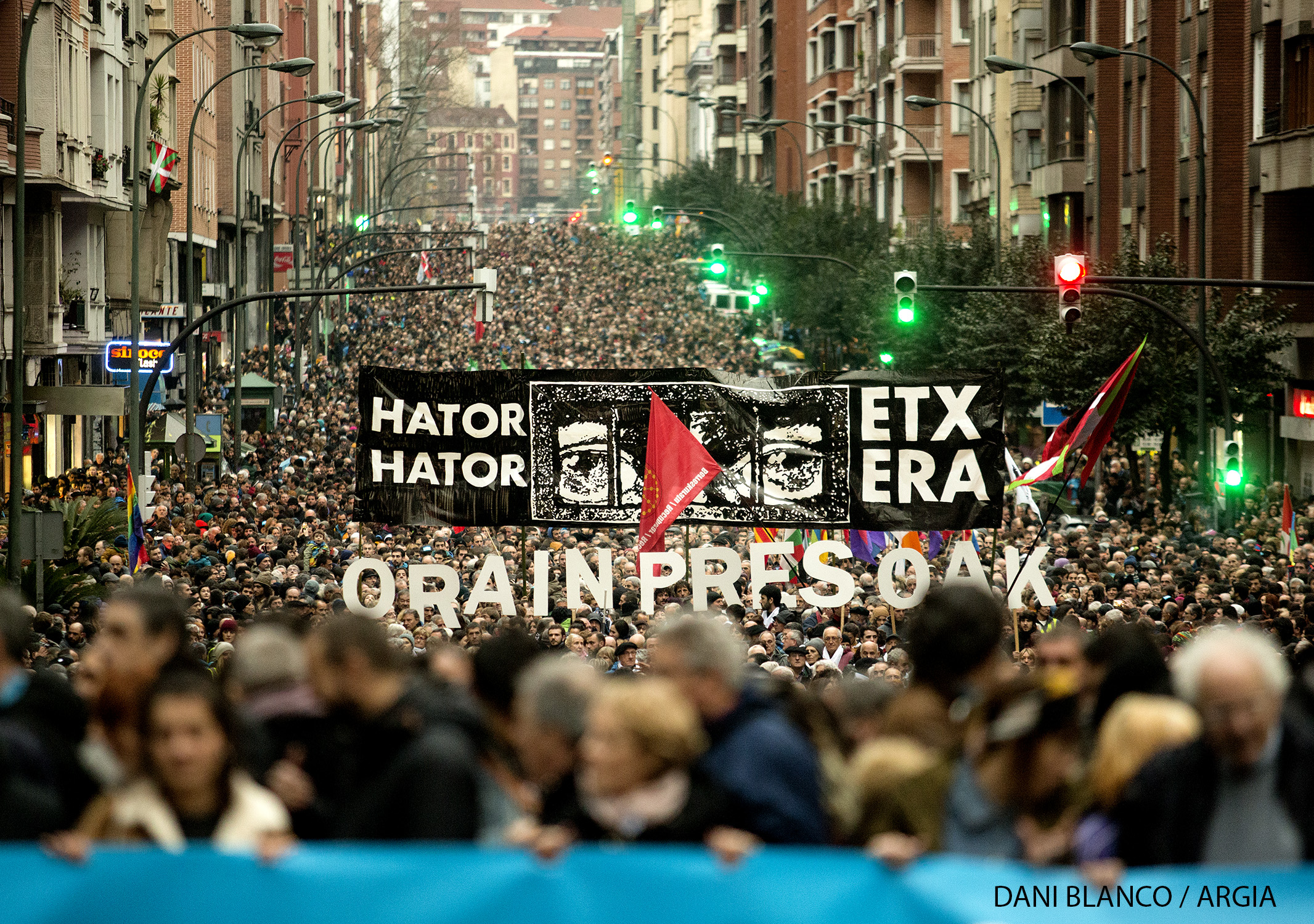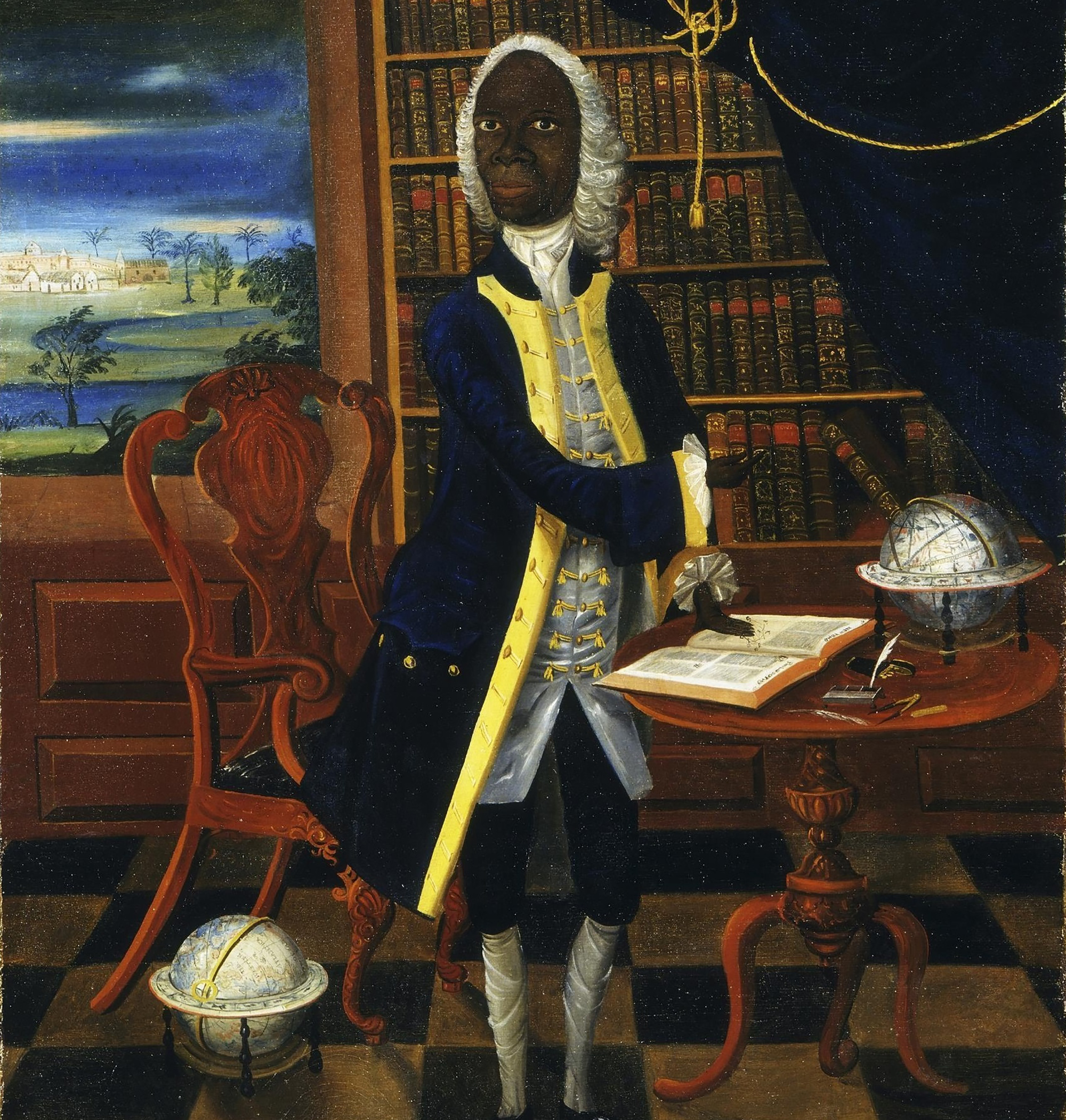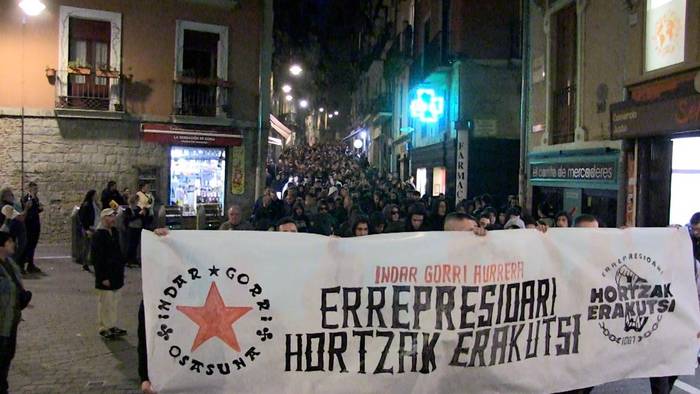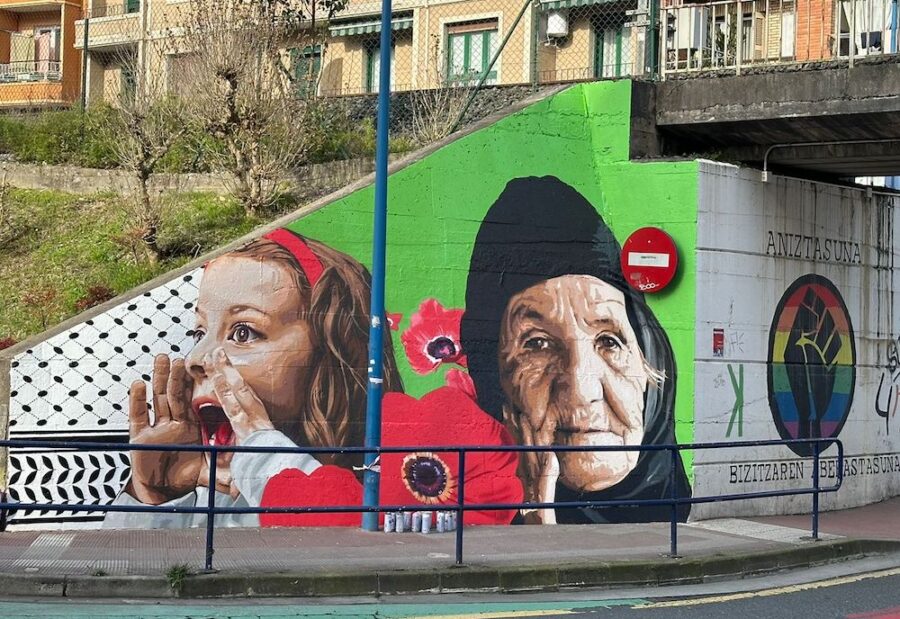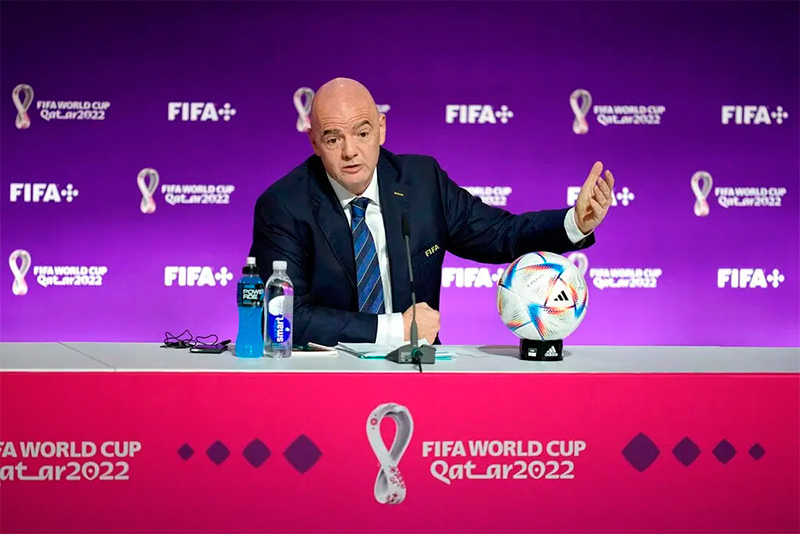The Basque Country Human Rights Observatory wants to be “a social prosecutor for the victims of the State” in its second phase
- The Observatory states that it has identified a "gap" in its activity after the end of the activity in 2016, so it wants to find a solution to it. The Advisory Council of the Basque Country has been presented at the Miramar Palace in Donostia-San Sebastián, composed of fifteen lawyers, experts, activists, teachers and victims.

The Observatory on Human Rights (OVJ) was established in 2001 with the aim of “guaranteeing the right to truth, justice and reparation for all victims of human rights violations” and “dealing with violations occurring and occurring in the Basque Country”, “communicating them publicly and denouncing them legally at international level”. The OEG stopped in 2016, but this year the second phase has begun, with the aim of responding to a "void" detected after the disappearance of the Permanent Social Field. In a presentation at the Miramar Palace in Donostia-San Sebastian, the members of the Observatory have shown their willingness to make GEB “the social prosecutor’s office for the victims of the State”.
Agus Hernan has highlighted “asymmetric treatment” and “discrimination” in the analysis of ETA cases and victims in the Spanish State and has pointed out that one of its objectives is to resolve this “vacuum”: “While ETA victims have a prosecutor’s office specialised in the National Hearing, there is no willingness to give a mechanism similar to the victims of the State”.
The GEB has highlighted the difficulties faced by the State ' s victims on their way to justice. As stated in its statutes in 2001, the association undertakes to submit human rights complaints to international bodies and instruments, to draw up case reports, to intervene in judicial proceedings and to organise meetings, formations, seminars and congresses. The GEB denounces that these victims have felt “completely abandoned” by public institutions and makes them feel “secondary victims”, according to Berria.
The FVO has referred to the right to assess violations of human rights: physical integrity, presumption of innocence, fair trial with all guarantees and, in case of conviction, appropriate prison treatment. At the international level, the lawyer and member of the Iratxe Urizar Observatory stated that they will work in the two areas: Participate in European organisations and networks and support initiatives denouncing violations of fundamental rights and freedoms.
There's work to do
He stressed that in recent years there have been advances in the recognition of the victims of the State, since thanks to the approval of Law 12/2016 of the CAV and Foral Law 16/2019 of Navarra, 346 victims have been recognized, including Ángel Berrueta and his family. However, despite the fact that data on the number of victims of violence in the Spanish State are not entirely accurate, the Observatory has put on the table much more relevant data, as can be read in Naiz: More than 400 deaths, more than 1,000 injured and about 6,000 tortured.
The FVO Advisory Board consists of 15 members: Lawyers Juanje Soria, Laia Serra, Jone Goirizelaia, Urko Aiartza and Santiago Bereciartua; doctors and professors Nahia Aia, Javier Buces, Leire Imaz and Laura Pego; victims Eneko Etxeberria, Martxelo Otamendi and Axun Lasa specialists.
This year marks the 51st anniversary of the United Nations proclamation of International Human Rights Day on 10 December. This date has become important in Euskal Herria and the Human Rights Observatory of Euskal Herria wants to offer some elements of reflection.
Progress on... [+]
Our rights, our future, now! Under the motto, the International Day of Human Rights commemorates the legacy of 76 years. The aim of the day is to promote the construction of a more peaceful, egalitarian and sustainable world. However, while progress is being made, we are faced... [+]
London 1928. At the Victoria and Albert Museum there was a very special painting: in the painting there is a black man, with wig and Levite, surrounded by books and scientific instruments. Thus it was catalogued in the Museum: “Unique satirical portrait representing a failed... [+]
Steilas considers out of place the effort of the Rectorate of the UPV/EHU to prevent the participation of a person through a communication at the congress on Sovereignty(s) held recently in our university. We do not understand the attempt to obstruct the academic activity of a... [+]









